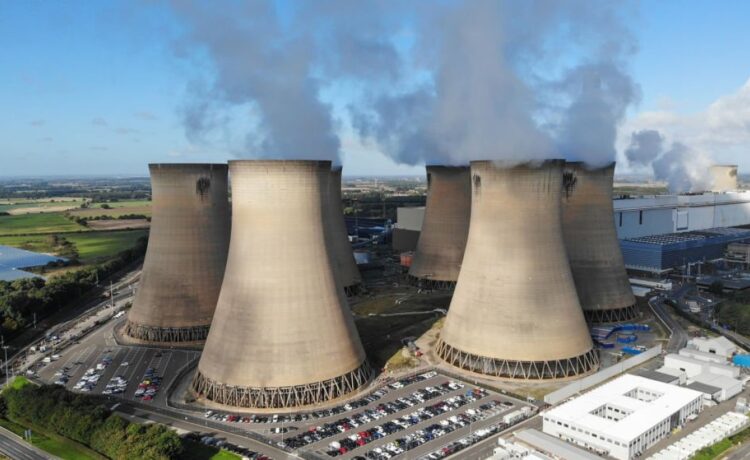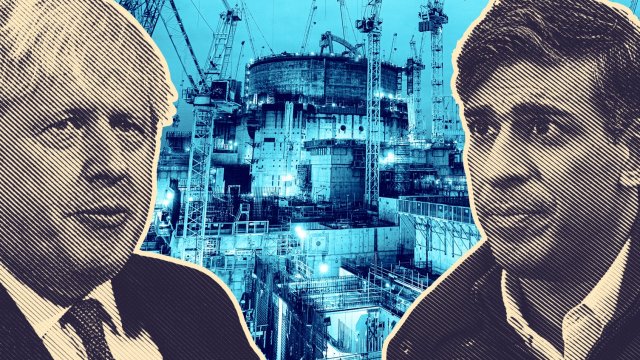The UK will plough £300 million into creating specialist fuel to power the next generation of nuclear reactors in what it hopes will be another blow to Russian President Vladimir Putin.
The Government funding will support domestic production of high-assay low-enriched uranium (HALEU) – a fuel required by most advanced reactors and currently only commercially produced in Russia.
Energy Security Secretary Claire Coutinho said Britain’s HALEU programme could supply the reactor fuel to the rest of the world and help to further isolate Moscow, which has faced heavy Western sanctions since invading Ukraine.
An additional £10 million will also be provided to develop the skills and sites to produce other advanced nuclear fuels in the UK, the Department for Energy Security and Net Zero (DESNZ) said.
It hopes the move, building on domestic capability in uranium enrichment and in fuel fabrication in the North West of England, will help to secure long term domestic nuclear fuel supply and support international allies.
Ms Coutinho said: “We stood up to Putin on oil and gas and financial markets, we won’t let him hold us to ransom on nuclear fuel.
“Britain gave the world its first operational nuclear power plant, and now we will be the first nation in Europe outside of Russia to produce advanced nuclear fuel.
“This will be critical for energy security at home and abroad and builds on Britain’s historic competitive advantages.”
The Cabinet minister’s department said the investment into the next generation of nuclear energy will help the UK to transition towards a net zero economy by providing affordable and clean domestic power.
Officials said advanced modular reactors are smaller, can be made in factories and could transform how power stations are built by making construction faster and less expensive.
The first plant is scheduled to be operational in the early 2030s.
DESNZ said the £300 million investment announced on Sunday builds on UK efforts to displace Russia from the global nuclear fuels market.
In uranium conversion services, Government and industry are together investing up to £26 million to bring the capability back to the UK by the end of the decade, officials said.
Prime Minister Rishi Sunak was last year accused by critics of watering down the Government’s net zero pledges, including by delaying the ban on the sale of new petrol and diesel cars.
But at the Cop28 climate summit last month, his administration committed to global efforts to increase nuclear use.
At the Dubai conference, the UK endorsed a global ambition to treble civil nuclear power capacity by 2050, alongside other like-minded nations including the US and France, to help move towards cleaner energy sources.
Additional reporting by Press Association.






